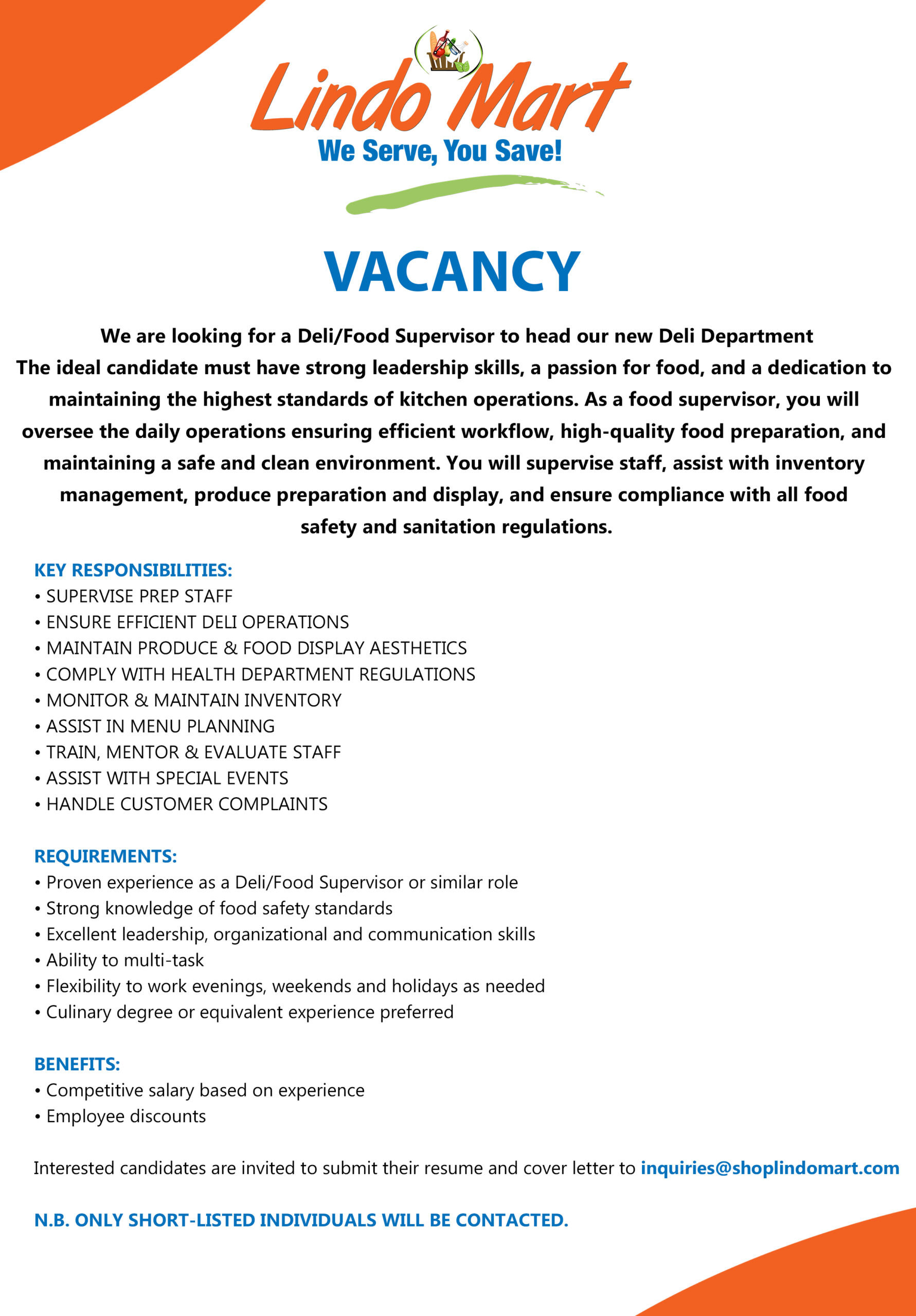
September 25, 2024 – BRIDGETOWN, Barbados –The Caribbean Development Bank’s (CDB) Basic Needs Trust Fund (BNTF) recently collaborated with the Geo-Enabling initiative for Monitoring and Supervision (GEMS), World Bank and Kobotoolbox to provide training for its staff and other key partners which has strengthened their capacity to use data to ensure more effective project monitoring, evaluation and disaster response.
GEMS uses the open-source software, KoboToolbox, to create customised digital monitoring and evaluation systems to enhance the transparency and accountability of implementation across the project cycle. representatives from CDB, as well as other partner entities such as the Caribbean Disaster Emergency Management Agency and the United Nations Economic Commission for Latin America and the Caribbean, also participated in the training. The training was held on September 17 and 19, 2024.
“The CDEMA Coordinating Unit is pleased to participate in the KoboToolbox Training. As we experience the proliferation of hazards in the Caribbean as a result of climate change and other factors, we think that the training will strengthen data collection for better efficiency and effectiveness in the monitoring and implementation of our projects and programmes designed to build resilience,” said Ms. Andria Grosvenor, Planning and Business Development Manager at CDEMA.
“In the postimpact phase, better data collection for decision-making, also helps us to deliver appropriate response and recovery actions to meet the needs of the marginal and the most vulnerable,” she said.
To date, the GEMS has been implemented in more than 100 countries, and over 1,100 project teams and 10,000 government staff have been trained across regions.
“CDB’s partnership with the World Bank resulted in staff training on the KoBoToolbox, enhancing data collection and monitoring capabilities. This training is a great example of the Bank’s collaborative engagement with key partners to build resilience in the region,” said CDB’s Chief Strategy and Accountability Officer Ms. Onika Miller.
“Staff from these organisations were introduced to this open-source tool, which simplifies mobile data collection in a more accessible format,” Ms. Miller said. She added that the World Bank trainers showed participants how to create data collection forms using a user-friendly interface that presents data through graphics and maps. These forms were useful for various tasks relevant to development banking, such as project planning, baseline data collection, portfolio mapping, and project impact evaluation.
“The World Bank team also demonstrated how the toolbox can be used for strategic oversight of project portfolios, including tracking, monitoring performance, and creating dashboards. We are continuously exploring new technologies that can support our mission of reducing poverty in the region, and this training will help us become more efficient in collecting data for programme and development results monitoring,” she added.
The CDB’s BNTF is the primary programme for direct poverty reduction in the Caribbean. It addresses needs identified by vulnerable communities in water and sanitation, education, livelihood enhancement, and access and drainage, aiming to improve the quality of life for beneficiaries in its nine participating countries.
The online training is a pre-cursor for an in-person training that the CDB’s BNTF will partner with the World Bank, KoboToolbox and UNECLAC to hold in Jamaica from October 14-18, 2024. The workshop will mark KoboToolbox’s first in-person training in the region. It is employed in over 220 countries and territories and serves as the principal data collection instrument for more than 14,000 non-profit organisations globally.
The platform is versatile, catering to various sectors such as humanitarian action, global development, environmental protection, and public health. It is heavily used in the Caribbean’s post-disaster data collection efforts.





